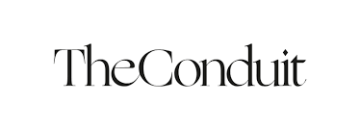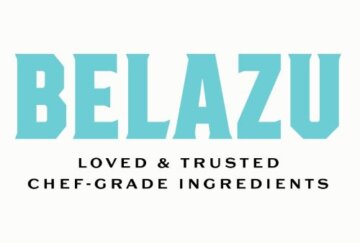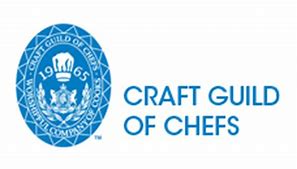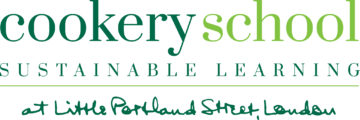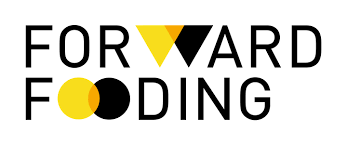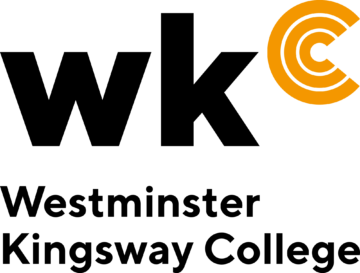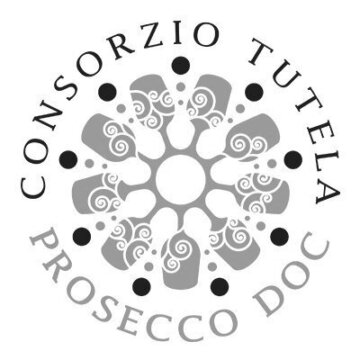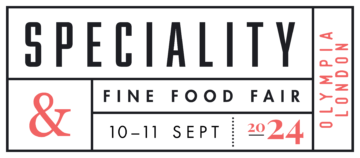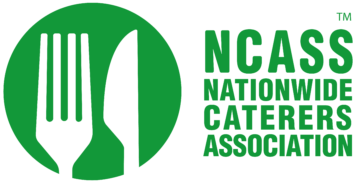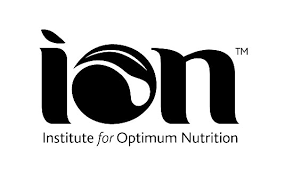08/07/2020
Interview with Natalie Campbell CEO of Belu Water
Natalie Campbell is an award-winning social entrepreneur and co-founder of A Very Good Company (AVGC), a global social innovation agency. On 1st March she took over the role of CEO at Belu Water, who give 100% of their profits to the charity WaterAid to help transform lives worldwide with clean water. Our co-founder Mecca Ibrahim spoke to Natalie about businesses for purpose, Belu Water’s aims for the hospitality industry and their plans for a future, post lockdown.
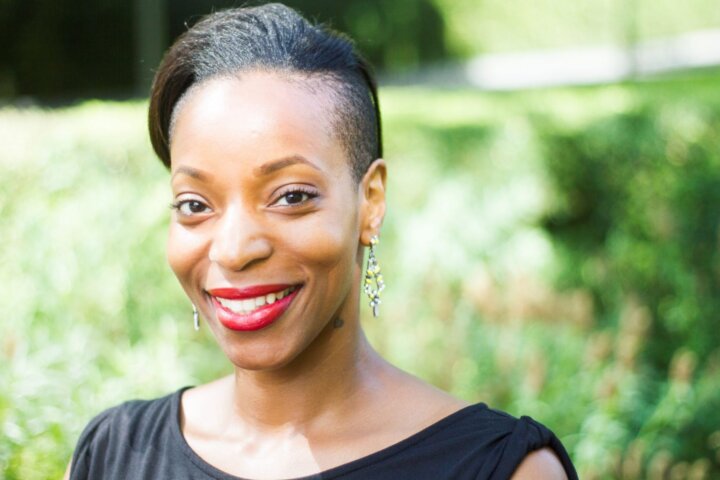
How did you get into the hospitality industry?
I consider myself a newer entrant to the hospitality industry but I am a retail girl at heart. I’ve worked on the shop floors of all clothing stores you can think of. I opened my first retail franchise aged 21 at my last year of university. In between that, I worked in bars and did everything most normal university students do. There’s a relation about being passionate in retail and hospitality in that you always put the customer first. It goes beyond a product to an experience. I’m really excited about joining an industry that I thrived in when I was younger. It’s also making a difference to people around the world by giving them access to clean water.
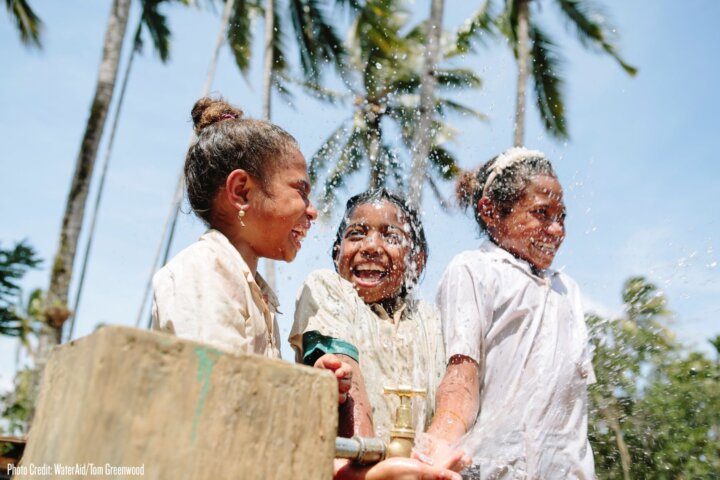
How did lockdown affect Belu – both from a trade and consumer perspective?
I didn’t join Belu until 1st March 2020 so this has given me an interesting vantage point of where we go next. The lockdown affected us initially like all other businesses in the hospitality industry. The first few weeks was crisis management – how could we reduce overheads as much as possible? We pretty much predicted that sales would fall off a cliff and we’d be lucky to be making 5% of budget.
Being the new CEO going into crisis management almost immediately I knew I needed to do something to keep the team positive in spirit. Lockdown gave us the opportunity to focus on what I was calling “the gift of time”. We needed to think strategically about what comes next. We spent a lot of time discussing the business we wanted to be, the values and the culture we wanted to have. I also changed the leadership model to a shared leadership model. This is one where the CEO sets the vision but we all share and own how we get there. We spent a lot of time looking how we could pivot, with weird and wonderful ideas around that. We settled on the fact that we do water, and we do water well, but that were other extensions aligned to water and beverages that we should probably explore. I’ve learnt more about the business in joining during lockdown than I would have learnt at any other time. It’s only in challenge you understand the real strengths and risk to a business.
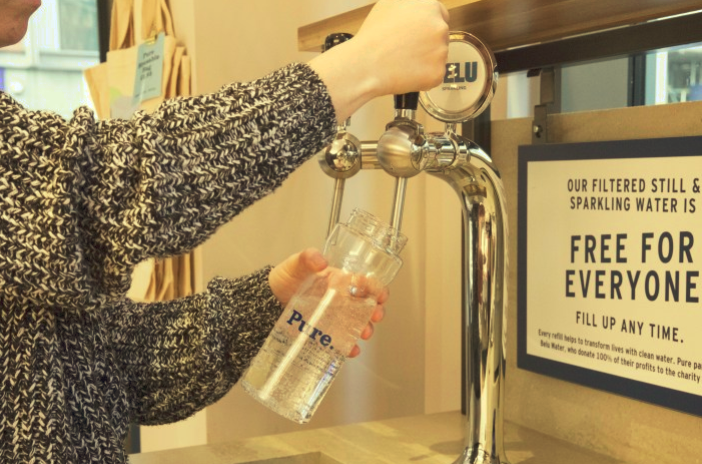
Belu had a bit of dip in profitability in 2008, how do you balance being a successful & profitable business with being a good business?
That dip was unique to being an early stage social enterprise. The financial models based on profitability and giving back were very new. Karen Lynch, the CEO that came in and took over and built the business from a place of debt to being profitable enough to give Water Aid a million pound profit last year and a million pounds the year before that, realised that the focus needed to be on putting the right processes in place to being robust. It was about recognising that we are not for everyone – but we have a brilliant road map to take the business forward. I have only ever operated in a profitable business with purpose framework, so I don’t know any different. If you come in from purely a commercial corporate world you might struggle. I know the trade-offs you should make in pursuit if purpose. Focusing on the money isn’t where the profit comes from. Focusing on your people and focusing on a best in class product delivers profit.
How do you ensure that your partners share your ethics and sustainable goals?
It’s less about getting partners to share our ethics, than us shouting about who we are and our version of how the world could be when it comes to business and seeing who comes to us. People who say they believe in sustainability but then make a different choice in their supply chain don’t really get it. Why would you buy a water that’s been flown in from Italy or the Alps, or that the bottles have been made in a different place? Why would you not buy a British choice where the bottles are also made here and a 100% of the net profit is given to WaterAid? As mentioned before, we won’t be for everyone, but if sustainability, purpose and ethics underpins where people come from as an operator, then those people will come to us.
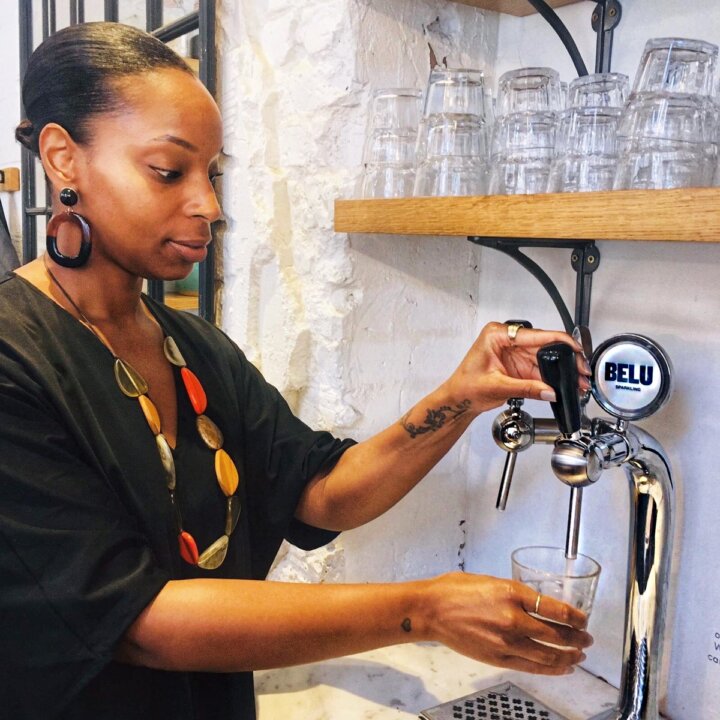
Please could you tell us more about the Belu Filter Initiative, its aims and how the hospitality industry can get involved?
This initiative is so exciting and signals our position when it comes to the environment, recycling and single use plastic and is our way of supporting the hospitality industry to make that shift. We install a filtration unit or multiple units at no cost to the venue. They then charge a water service fee to the customers and hopefully tell the story of why they are doing this. Then the net profit of that donation is passed onto WaterAid. We are also looking at the impact profit model, so instead of the whole donation being passed on, the venue can split that. So it might be that 5op goes to a charity of their choice and 50p goes to WaterAid.
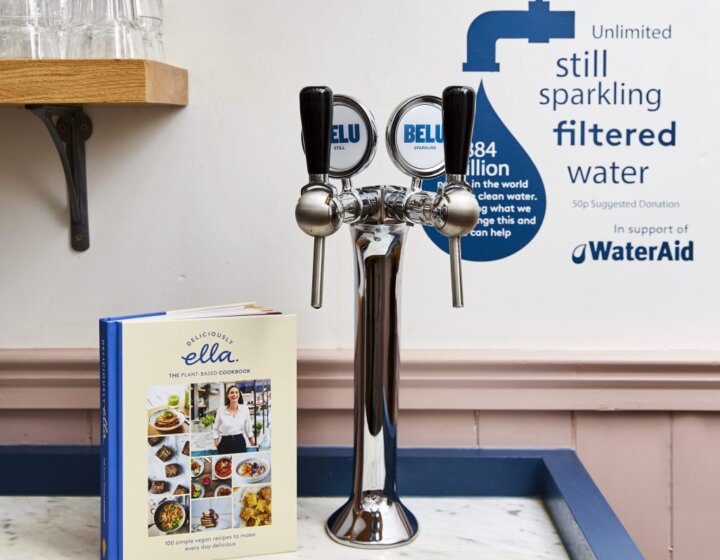
What are some of the things you are most proud of in your own career and since joining Belu?
I’m really proud of the fact that I have been values and people driven since day one. Nearly everything I have worked on is about how do you give a voice to people who aren’t heard and that should be heard and have a voice at the table. How do you support young people to become entrepreneurs and own their own futures? Lots of businesses for a lot of time, thought, “Well I employ people, that’s my contribution to society”. For me, I want to challenge them to think differently. I want businesses to better support people to live their best lives. For me this job is a dream role as I get to do all of that & also go back to my retail girl roots.
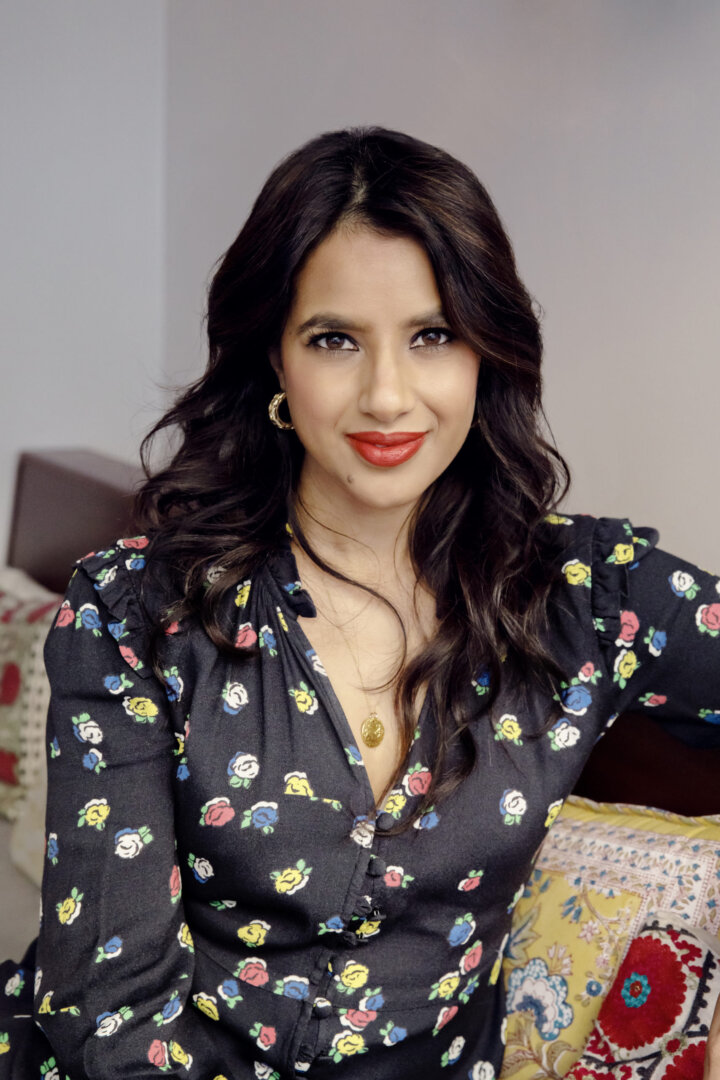
Who are some of the people you find most inspiring in business and in the hospitality industry?
I’ve realised over time that inspiration comes from young people who know so much than me about what’s next and what new trends are. I used to work in a school and mentored 15-year-old girls. I am inspired by how they think about the world, business and their interactions with people.
That aside, there are lots of brilliant hospitality entrepreneurs doing great things. Ravinder Bhogal who was on the AllBright Food & Drink summit with us recently, I didn’t know just how steeped in purpose & community her business Jikoni is and I was inspired by that. The team at AllBright Debbie Wosskow & Anna Jones are really trying to shift the dial on spaces for women to come together to build their businesses, and also to de-compress which is equally important.
Also anyone who has woken up in the middle of lockdown and thought “I don’t want to go back to my nine to five, I want to do the thing that I’ve always loved”, whether that’s serving people, making food or mixing drinks. Those that want to join this great industry, I’m inspired by.
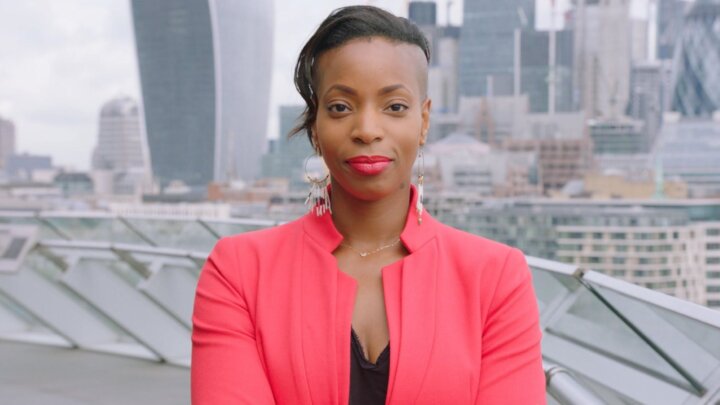
Have you found any particular advantages to being a woman in the hospitality industry?
There’s a shared understanding of barriers and challenges. There’s a willingness to back each other help each other. There’s an element of hustler spirit. I like being people that are a bit scrappy enough to roll up their sleeves and be entrepreneurial about how they’ve become successful. That’s what makes me feel alive. Also being new to this industry I am discovering a lot of great black women in the food industry. It’s been great to see strong networks of women. I’ve never had to explain why making a difference is important to another woman. The common value set of helping another woman in another area or another country, access clean water, I don’t have to argue for and that’s a blessing.
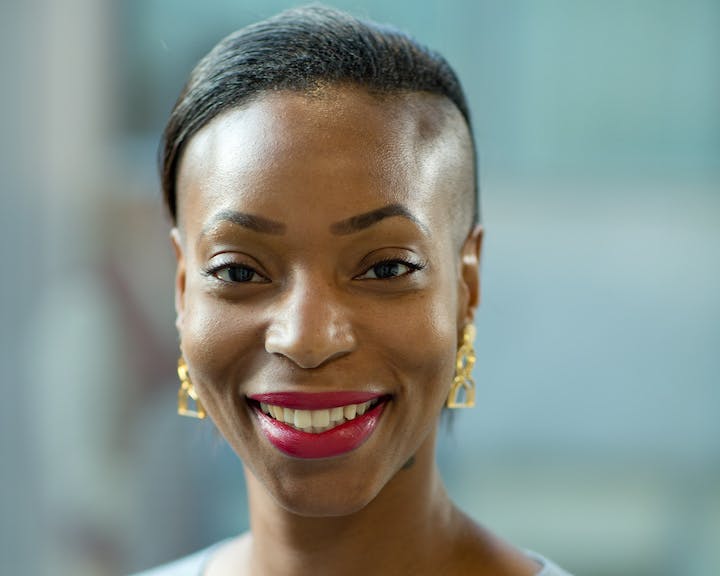
Can you tell us about your hopes and plans for Belu going forward?
The ambition is for our mission and purpose to be everywhere. I want it to be a no-brainer for when people say “Name a business with purpose?”, they say “Belu”. If you say “Name a water brand”, the same way people may say Evian, they say “Belu. Do I have a plan for how to get there at the moment? My answer’s no as I’ve only just passed my first 100 days, so I need probably another 100 days before I have that plan. But it’s definitely the sort of business where it is possible. I just need to see the possibility and then I’ll figure out the road map to get there.
What’s the biggest thing that you know now, that you wish you could have told your younger self?
That eating all of the food and having all of the cocktails is always a good idea! Life is too short to not have the dessert or your favourite cocktail. Early on my career I had my head down, getting from A to B, but I learnt that lightening up and having fun can make life so much easier.
Watch this space for more inspiring interviews with women in the food and drinks industry. In the meantime you may be interested in our interview and podcast with Renée Elliott founder of Planet Organic, our interview & podcast with Gemma Colao Managing Director & Co-Founder of OTO CBD; our interview with Nicola Matthews UK Marketing Manger of Tony’s Chocolonely and our interview with Emma Heal MD of Lucky Saint.

